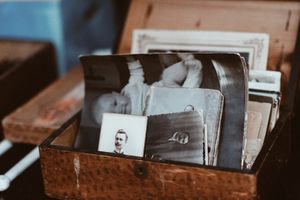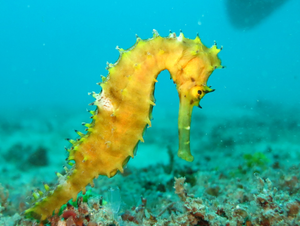During lockdown, the team at Milestones Museum have been looking into our family history, making the most of our new-found spare time to find out about our ancestors who experienced first hand what life was really like during the time period in which Milestones is set. As well as learning all kinds of interesting family facts, the process of researching our ancestors has also brought us closer to living family members with their own stories to tell.
Father’s Day weekend is normally a time of great celebration at Milestones, as we welcome families spanning multiple generations. Dads, Grandads, and even the occasional Great Grandad would have enjoyed walking our streets and viewing our collection of heritage vehicles, not forgetting a swift half in our Victorian era pub the Baverstock Arms of course! As we are unable to welcome visitors at this time we thought we would share some of our ancestry research, focusing on some of the men in our families’ past.
Do you know the stories of your own ancestors? We’d love to hear them!
Richard Trevithick (1771 – 1833)
Member of staff: David Trevithick – Operations Manager
Relation: Great, Great, Great, Great Grandfather’s First Cousin
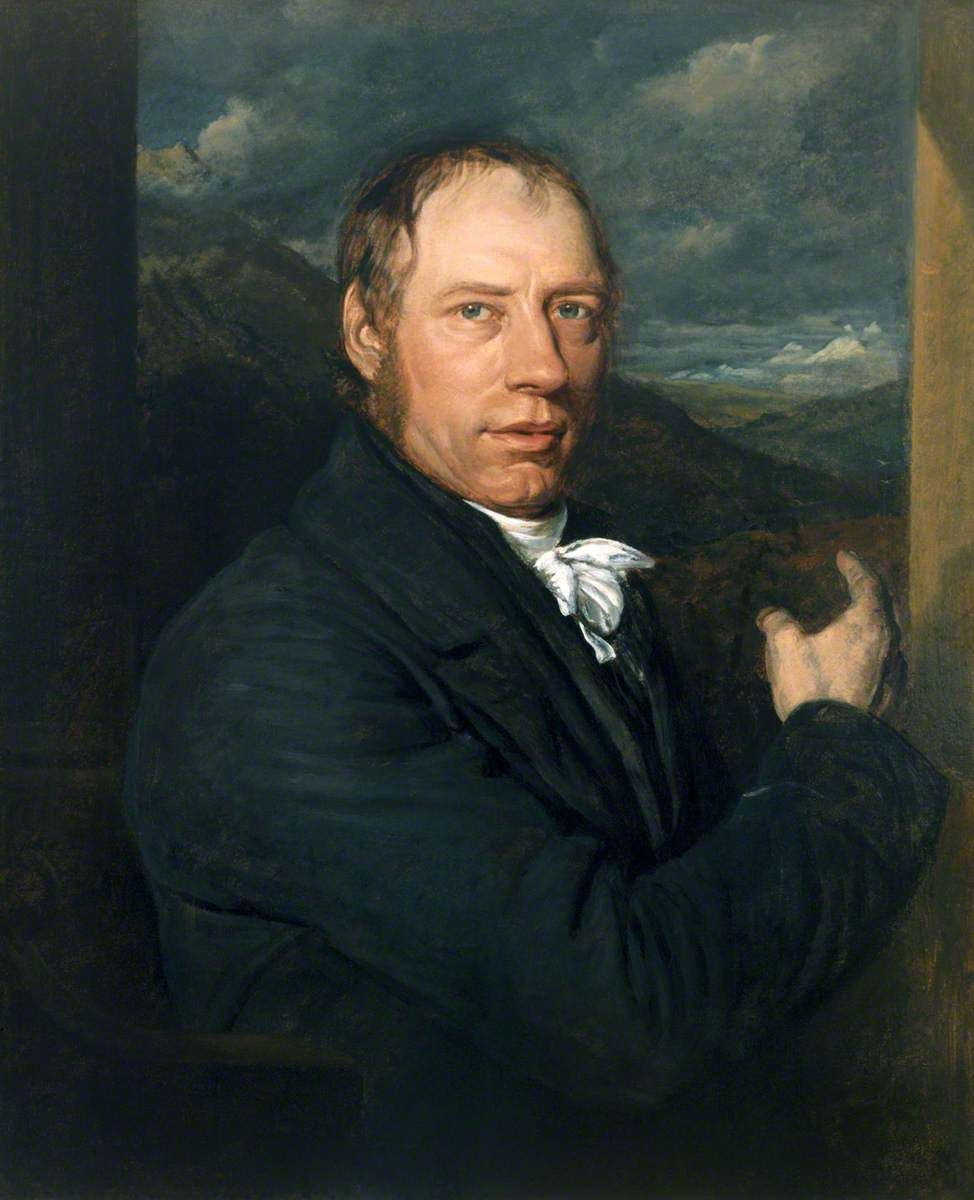
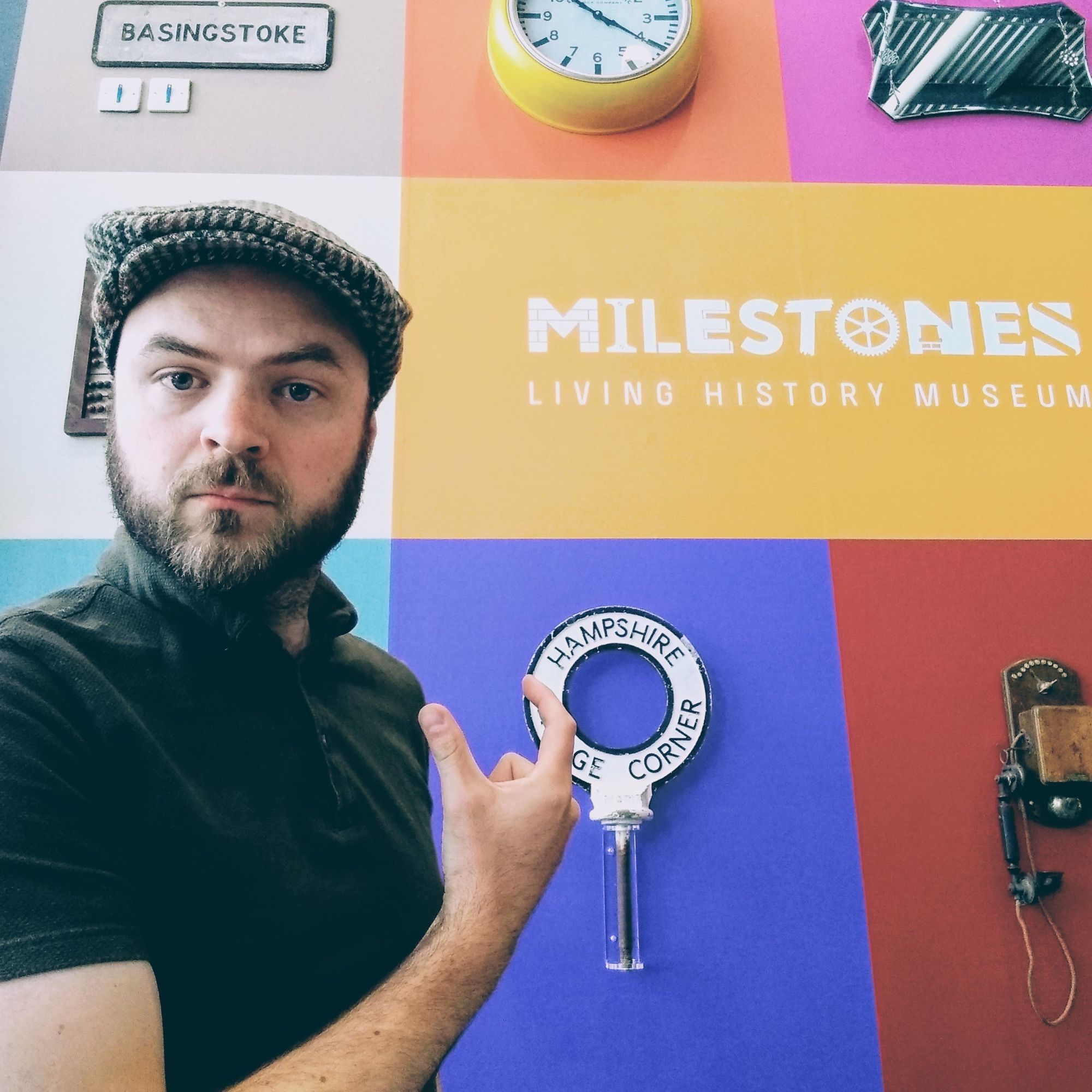
Richard Trevithick was a Cornish-born engineer who is widely considered to have pioneered the use of steam-powered transport, developing the world’s first high-pressure steam engine shortly before the turn of the 19th century. High-pressure steam enabled engines to be more compact and operated far more efficiently than the condensing engines that had come before.
Trevithick was the son of a mine captain and grew up watching the steam engines designed to pump water from the deep tin and copper mines in Cornwall. In 1797 he married Jane Hayle, the daughter of another mining engineer, who he would go on to raise 6 children with.
Following the construction of his first high-pressure steam engine, Trevithick reasoned that he could build an engine light enough and powerful enough to propel itself with a carriage attached. He began experimenting with steam-powered locomotives and, in 1801 built the Puffing Devil, successfully carrying a group of 6 passengers up Camborne Hill on Christmas Eve of that year. Three days later, the machine broke down and subsequently burst into flames after overheating whilst the operators visited a nearby pub for lunch!
Trevithick built a number of steam-powered locomotives after this point, including the first engine to run on rails. Rails at that time were primarily designed for horse-drawn wagons and were often unable to reliably carry the weight of the heavier engines. Due to a lack of regular financial backing, Trevithick eventually abandoned the idea, spending the rest of his career working on other engineering projects across England and later developing mining machinery in South America.
Over the next few decades, high-pressure steam engines became recognised as an efficient alternative to horse-drawn transport. Trevithick’s designs were refined and developed into the types of engine now on display in Milestones Museum. He, however, died penniless and alone after contracting pneumonia whilst working on a project in Dartford.
John Albert Marsland (1880-1914)
Member of Staff: Gary Freeman – Team Member
Relation: Great Great Grandad
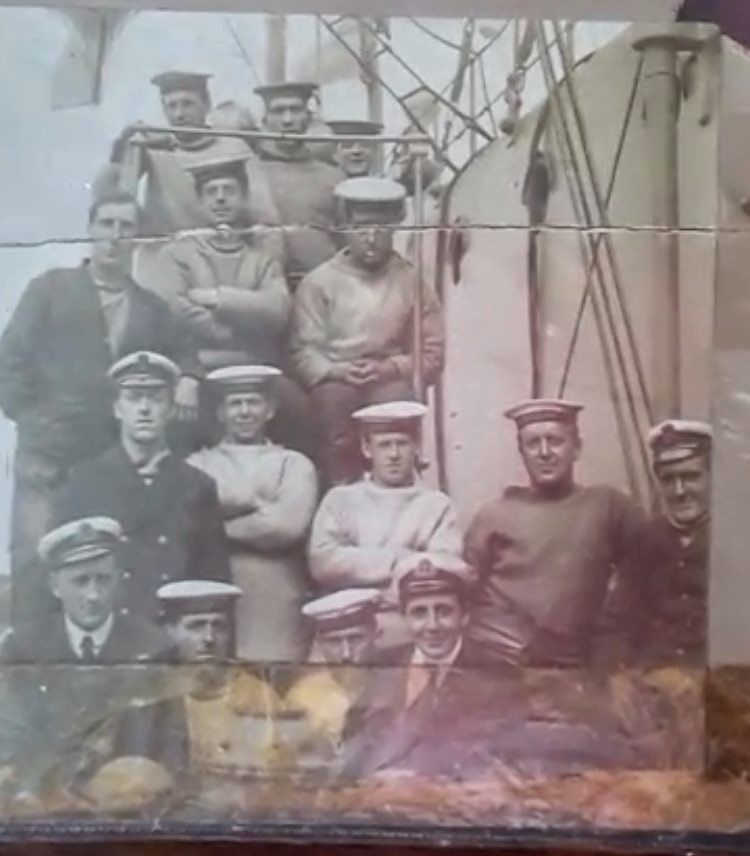
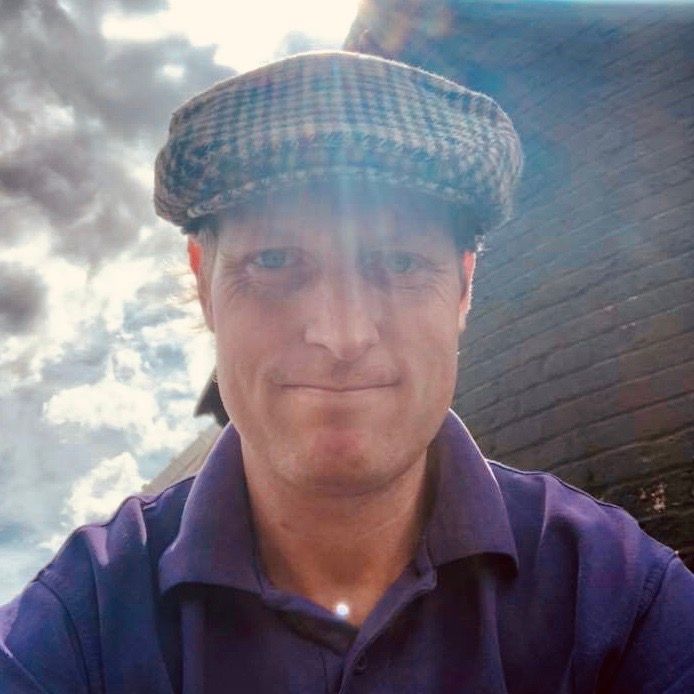
Originally born a Yorkshire lad, John Marsland served for the Royal Navy during WW1. He was married to Nellie Louise Griffiths Leybourne in 1902 and they lived together on Clifford Street near the docks in Southampton.
Pictured here on the far left of the second row up, John was the Chief Engine Room Artificer on HMAS AE1, a submarine loaned to the Royal Australian Navy, which disappeared mysteriously during WW1. Together with AE2 she undertook a record-making voyage to Australia in 1914, but on September 14 of that year, AE1’s thirty-five officers and crew sailed into a sea mist and were never seen again. Since then there have been many speculations about her fate and a number of attempts to locate the wreckage. Search missions attempting to locate the wreck began in 1976, but it was not until 2017 that the submarine was finally discovered off the Duke of York Islands. Following research by the National Maritime Museum, it was concluded that an insecure ventilation valve caused the engine room to flood as the vessel dived. This resulted in a total loss of control and the submarine subsequently sank below its maximum depth and imploded.
Frank Miles (1859 – 1933)
Member of Staff: Lorna Standing – Duty Manager Front of House
Relation: Great Grandfather
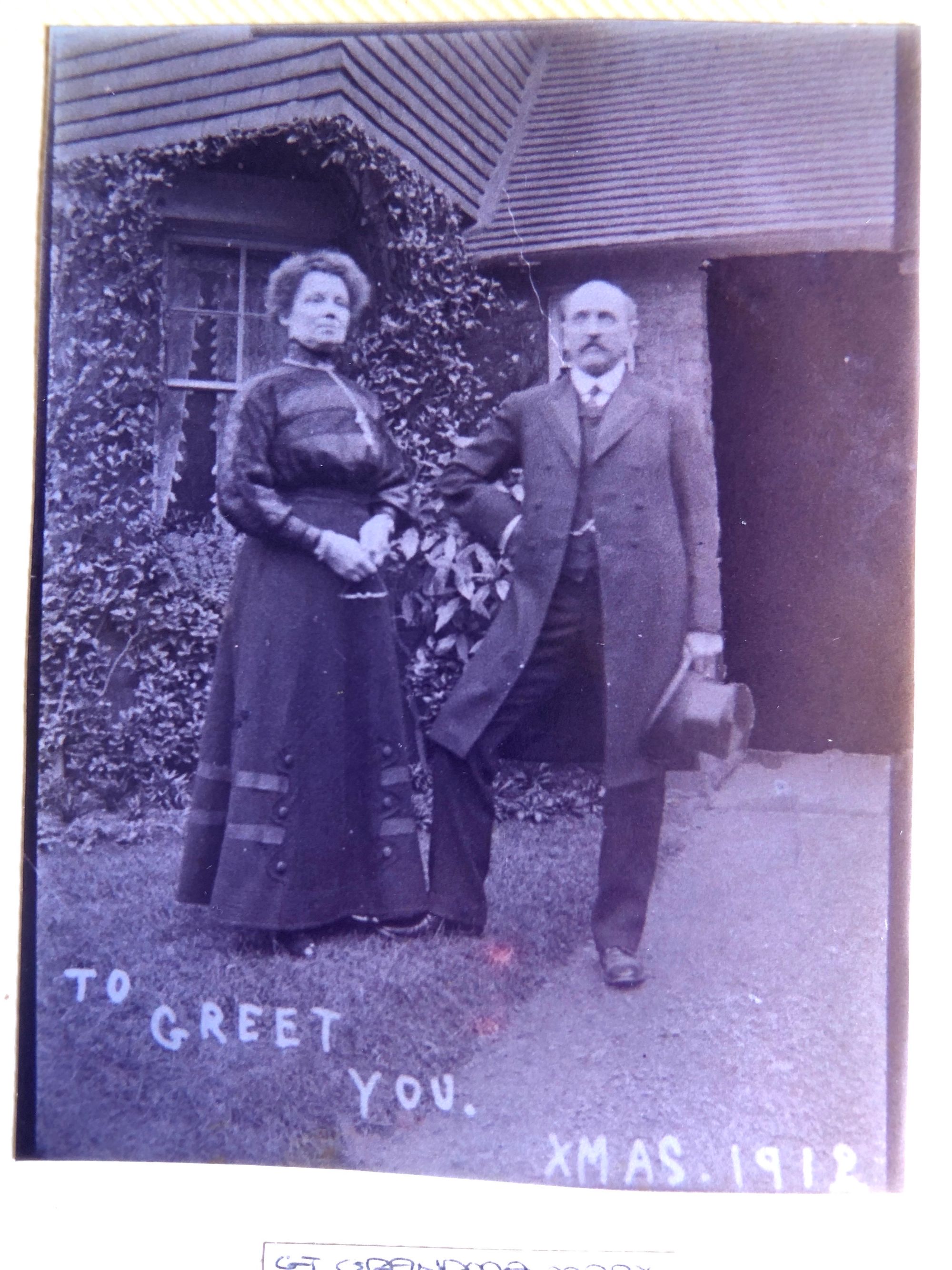
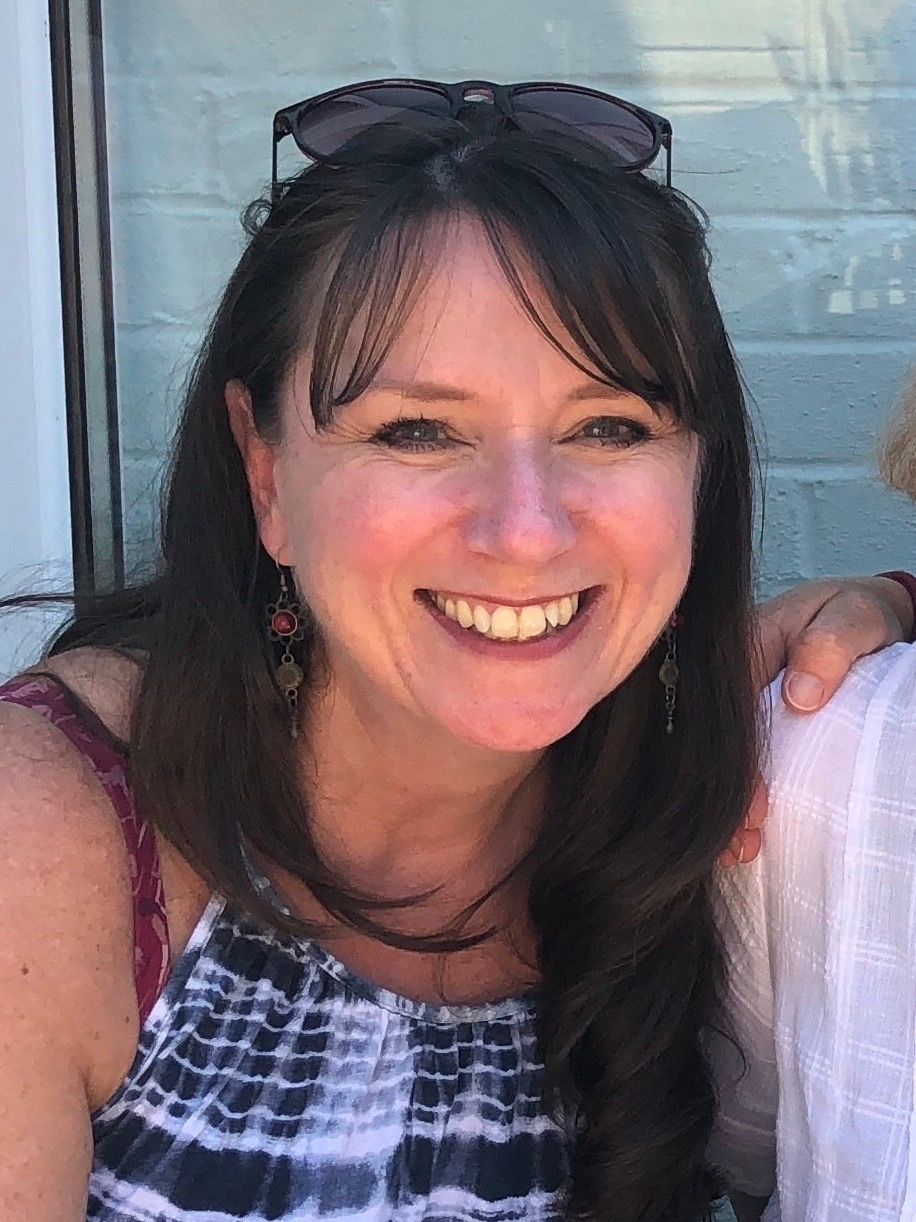
Pictured here in an enchanting Christmas card from 1912, alongside his wife, Mary. Frank and Mary were born within a month of one another on adjacent farms in West Sussex. They were also first cousins, with Mary not even having to change her surname when they married!
Reginald Peasgood (1903 - 1976)
Member of Staff: Helen Daw
Relation: Grandad
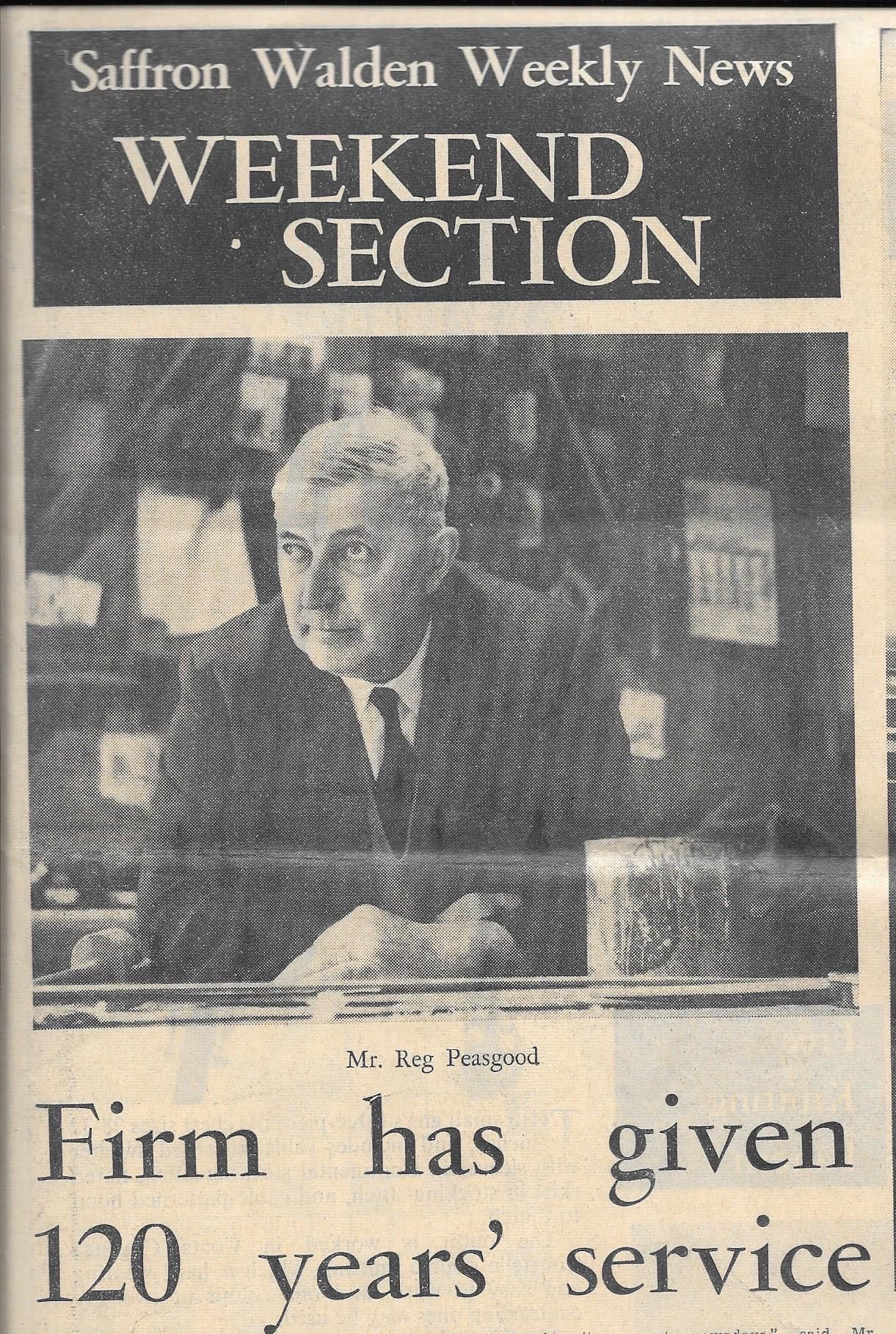
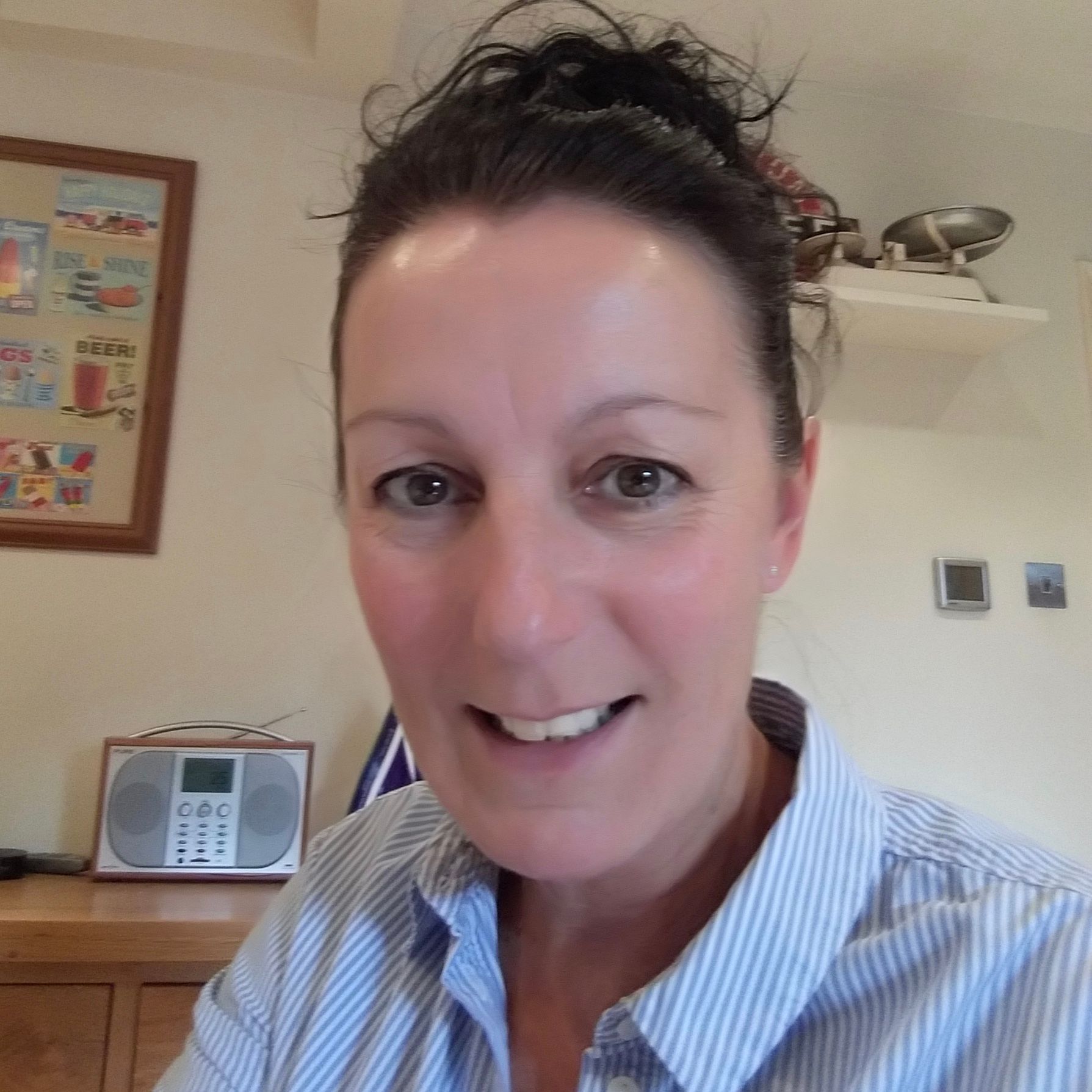
I have distant but fond childhood memories of my dear Grandad. As he lived in Saffron Walden, Essex we would only be able to go to stay with him at Christmas and during the summer holidays. I was quite young when he passed away but my memory conjures up a larger than life man with a very big tummy and at breakfast time, watching him spread his toast very thickly with butter then a big dollop of marmalade (hence the big tummy I guess).
But my Grandad had a very interesting job. He was the local undertaker in a firm that had been handed down from one family member to another since 1847. He married my Nana in 1927 then took his place running the family business in 1931.
He was also a builder and carpenter and he built the family home where he lived with my Nana, my mum and her two older brothers, for all of their married life. Due to the nature of his business he was excused conscription to the armed forces when the Second World War broke out so he could carry on offering his undertaker services to the local community. When they were old enough my two Uncles, Alan and Jack joined my Grandad and they worked together for many years.
As a child I remember the smell of the sawdust and all the tools in his workshop, blissfully unaware of the ‘nature’ of their business. One occasion I wandered off to ‘explore’ while my Mum was busy. Below the workshop was a big garage for an enormous black car (“Why did my granddad need such a big car” I asked myself) and two rooms. One room was a private chapel but the other room I hadn’t been in before so thought I would take a peek. I wasn’t sure why but there was an elderly lady laying down having a sleep on a long wooden table!! I shut the door quietly so I didn’t wake her!
My mum always made lots of clothes for my dollies, which were very often made out of beautiful, purple felt that seemed to be in plentiful supply. It wasn’t until some years later that I found out that this was the leftovers from the cloth that was used to line all of the coffins!
After the war, my Grandad was awarded the King George VI Defence Medal for War Service. As well as performing his duties in the Home Guard, this was recognition for the part he played in transporting the bodies of American servicemen who lost their lives during World War Two to be buried at the Madingley War Cemetery near Cambridge where 3811 war dead are buried.
Sadly my Grandad passed away in 1976 and his two sons then continued to run the business for many years. When they retired my cousin David Peasgood continued the family tradition and is still involved today.
If you have enjoyed Culture on Call and you are able to make a donation, any support you can give will help us keep people connected.


